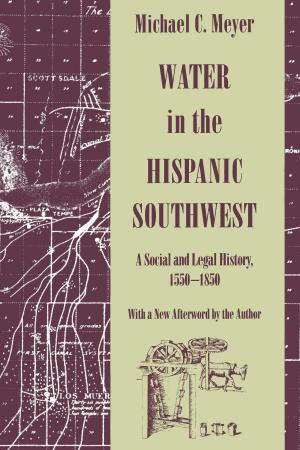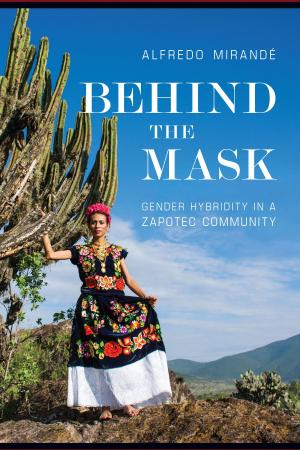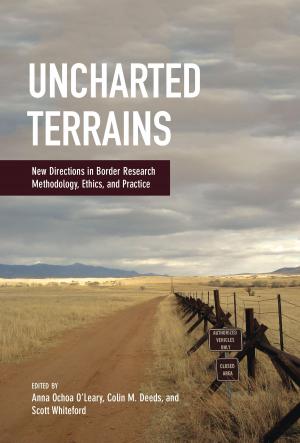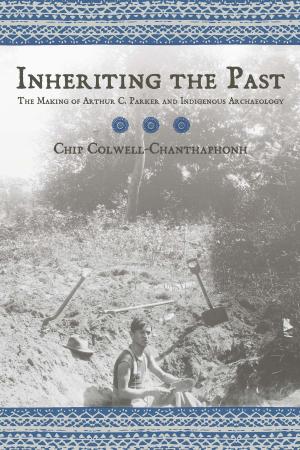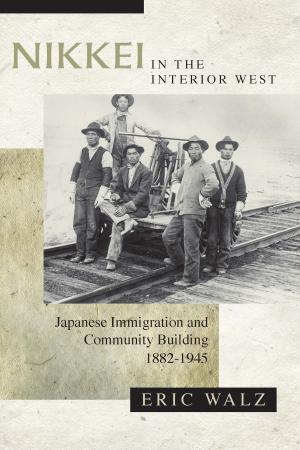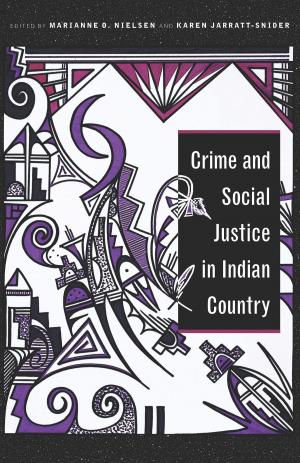Uprooting Community
Japanese Mexicans, World War II, and the U.S.-Mexico Borderlands
Nonfiction, History, Americas, Mexico, United States| Author: | Selfa A. Chew | ISBN: | 9780816532384 |
| Publisher: | University of Arizona Press | Publication: | October 22, 2015 |
| Imprint: | University of Arizona Press | Language: | English |
| Author: | Selfa A. Chew |
| ISBN: | 9780816532384 |
| Publisher: | University of Arizona Press |
| Publication: | October 22, 2015 |
| Imprint: | University of Arizona Press |
| Language: | English |
Joining the U.S.’ war effort in 1942, Mexican President Manuel Ávila Camacho ordered the dislocation of Japanese Mexican communities and approved the creation of internment camps and zones of confinement. Under this relocation program, a new pro-American nationalism developed in Mexico that scripted Japanese Mexicans as an internal racial enemy. In spite of the broad resistance presented by the communities wherein they were valued members, Japanese Mexicans lost their freedom, property, and lives.
In Uprooting Community, Selfa A. Chew examines the lived experience of Japanese Mexicans in the U.S.-Mexico borderlands during World War II. Studying the collaboration of Latin American nation-states with the U.S. government, Chew illuminates the efforts to detain, deport, and confine Japanese residents and Japanese-descent citizens of Latin American countries during World War II. These narratives challenge the notion that Japanese Mexicans enjoyed the protection of the Mexican government during the war and refute the mistaken idea that Japanese immigrants and their descendants were not subjected to internment in Mexico during this period. Through her research, Chew provides evidence that, despite the principles of racial democracy espoused by the Mexican elite, Japanese Mexicans were in fact victims of racial prejudice bolstered by the political alliances between the United States and Mexico.
The treatment of the ethnic Japanese in Mexico was even harsher than what Japanese immigrants and their children in the United States endured during the war, according to Chew. She argues that the number of persons affected during World War II extended beyond the first-generation Japanese immigrants “handled” by the Mexican government during this period, noting instead that the entire multiethnic social fabric of the borderlands was reconfigured by the absence of Japanese Mexicans.
Joining the U.S.’ war effort in 1942, Mexican President Manuel Ávila Camacho ordered the dislocation of Japanese Mexican communities and approved the creation of internment camps and zones of confinement. Under this relocation program, a new pro-American nationalism developed in Mexico that scripted Japanese Mexicans as an internal racial enemy. In spite of the broad resistance presented by the communities wherein they were valued members, Japanese Mexicans lost their freedom, property, and lives.
In Uprooting Community, Selfa A. Chew examines the lived experience of Japanese Mexicans in the U.S.-Mexico borderlands during World War II. Studying the collaboration of Latin American nation-states with the U.S. government, Chew illuminates the efforts to detain, deport, and confine Japanese residents and Japanese-descent citizens of Latin American countries during World War II. These narratives challenge the notion that Japanese Mexicans enjoyed the protection of the Mexican government during the war and refute the mistaken idea that Japanese immigrants and their descendants were not subjected to internment in Mexico during this period. Through her research, Chew provides evidence that, despite the principles of racial democracy espoused by the Mexican elite, Japanese Mexicans were in fact victims of racial prejudice bolstered by the political alliances between the United States and Mexico.
The treatment of the ethnic Japanese in Mexico was even harsher than what Japanese immigrants and their children in the United States endured during the war, according to Chew. She argues that the number of persons affected during World War II extended beyond the first-generation Japanese immigrants “handled” by the Mexican government during this period, noting instead that the entire multiethnic social fabric of the borderlands was reconfigured by the absence of Japanese Mexicans.

